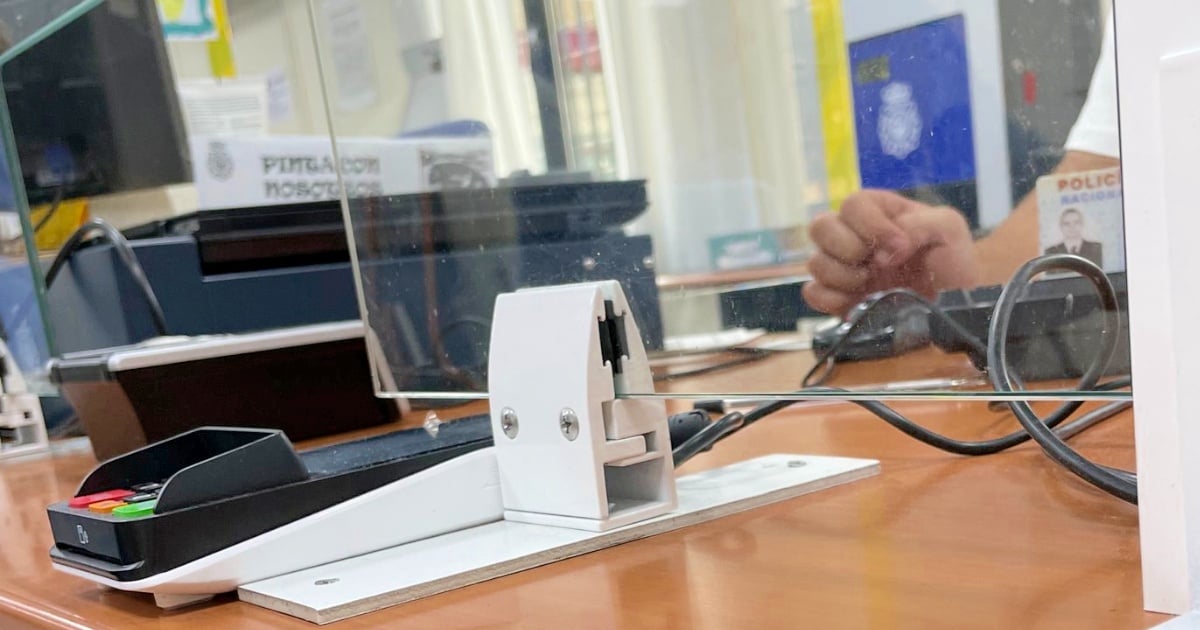
The new Immigration Regulation, approved by the Congress of Deputies and published this Wednesday in the Official State Gazette, promises to transform the situation of thousands of migrants in Spain, including many Cubans who are waiting to regularize their status.
The regulations, set to take effect on May 20, 2025, introduce significant changes, including a reduction in the residency period required to apply for regularization, new forms of integration, and new provisions regarding asylum seekers.
Reduction of processing times and new forms of residency.
The regulation establishes five grounds for residency that allow foreigners to regularize their status:
Social Roots:
Now, only two years of continuous residence are required, instead of three, to qualify for this category. It is necessary to demonstrate family ties with legal residents or present a report on social integration.
Sociolaboral Ties
In addition to the two years of residency, a job contract is required. The reform reduces the minimum required weekly hours from 30 to 20.
Sociocultural Roots
The requirement of two years of residency remains in place, and there is a commitment needed to pursue studies in fields that are in demand in the labor market.
Second Chance Residency:
A new provision in the law aimed at those who lost their residency permit in the last two years. It allows for the renewal of the authorization if the requirements are met.
Family Roots:
It does not require residency time and is focused on individuals whose children were born in the European Union or in Spain.
Changes for asylum seekers
The new regulation introduces specific provisions for those who have applied for international protection.
Reduced waiting time:
If an asylum seeker receives a negative response, they will be able to access a form of residency after six months, instead of the two years previously required.
Clarification of the time calculation:
The waiting period as an asylum seeker does not count towards the residency requirements needed for the regularization categories.
According to a report by El País, this measure responds to the identification of an instrumental use of asylum by economic migrants who utilize it to regularize their status.
So far this year, 140,000 people have applied for asylum in Spain, including 1,104 Cubans as of August.
Improvements in the rights of students and families
Students:
Now they will be able to obtain an initial residence authorization that will last for the duration of their studies, and upon completion, they will have an easier path to access the Spanish job market.
Family reunification:
The maximum age for children to benefit from this authorization is increased from 21 to 26 years. Additionally, unmarried couples will be able to qualify if they can demonstrate a stable relationship.
The Ministry of Inclusion, Social Security, and Migration of Spain estimates that the reform will benefit over 900,000 migrants in the next three years.
In 2023, more than 210,000 people have already regularized their status.
Filed under: